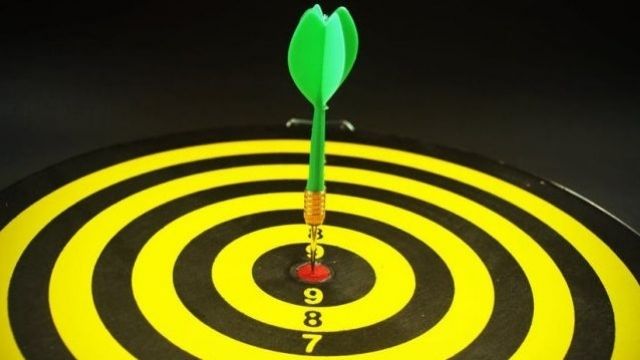Advertiser Disclosure
How To Pay Off Credit Card Debt
Updated On September 30, 2024
Editorial Note: This content is based solely on the author's opinions and is not provided, approved, endorsed or reviewed by any financial institution or partner.

If you have credit card debt, you are not alone. There is more than $1 trillion of outstanding credit card debt in the U.S.
With some credit card interest rates ranging from 10-25%, the interest costs alone can become crushing. The best way to pay off credit card debt is with a personal loan.
In this guide, we will discuss how a personal loans (also known as a credit card consolidation loan) can help you pay off credit card debt, save money and improve your credit score. For example:
- What is a personal loan?
- How do you get approved for a personal loan?
- When should you get a personal loan?
- What is the best way to compare personal loans and credit cards?
- Should you a credit card loan to consolidate credit card debt?
What is a personal loan?
A personal loan, or credit card consolidation loan, is an unsecured loan typically from $1,000 – $100,000 with fixed or variable interest rates that can be used to make a large purchase or to consolidate debt. You can use a personal loan to pay off credit card debt, and save hundreds or even thousands of dollars in interest costs.
The term “unsecured” means that there is no underlying collateral attached to the loan. For example, if you borrow a mortgage for your house, your mortgage is a “secured” loan in which your home is the collateral. If you default on your mortgage, your lender will then own your home.
How do you get approved for a personal loan?
Depending on your credit profile, you may be able to qualify for a low personal loan interest rate and save money compared to a credit card. If you want to know to get a personal loan, the application process is online is can be completed in minutes.
Your personal loan interest rate will depend on several factors, which may include your credit score, credit history and debt-to-income ratio. Lenders want to see responsible borrowers who are likely to repay personal loans, who are trustworthy and creditworthy. To find the best rates for personal loans, you need to have a good to strong credit profile.
When should you get a personal loan?
Personal loans are best for purchases that you plan to repay in less than five years. While you can use a personal loan for many purposes ranging from home repairs and medical expenses to a wedding and honeymoon, the top reason to use a personal loan is debt consolidation.
Credit card consolidation is one of the most popular reasons to get a personal loan.
When you consolidate your debt, you combine all your existing debt into one loan so that you can make one monthly payment instead of multiple monthly payments.
If you can obtain a lower interest rate by consolidating your debt compared with your current credit card interest rate, then a personal loan can help you to pay off your debt more quickly.
If you have existing credit card debt, for example, you might be able to obtain a personal loan at a lower interest rate than your existing credit card interest rate.
For example, let’s assume you have $20,000 of credit card debt at 18% interest, and you pay $500 per month.
Let’s also assume that you can get a personal loan at 8% interest (depending on your credit profile and other factors). If you increase your monthly payment to $627 per month, you could pay off your credit card debt in 3 years and save $7,938.
What is the best way to compare personal loans and credit cards?
First, you need to compare the interest rate on your credit card with the interest rate on the personal loan to determine which interest rate is lower. Responsible financial borrowers should be able to obtain a lower interest rate with a personal loan.
Second, you need to understand that if you do qualify for a lower interest rate, how many years you will have to repay your personal loan compared with your credit card debt and whether you are comfortable with the repayment period.
Having a shorter-term loan repayment period can not only save you interest costs, but also instill discipline to retire your debt more quickly.
Should you use a credit card loan to consolidate credit card debt?
If you have credit card debt and want to lower your monthly payment and interest rate, then you should consider a credit card loan to consolidate credit card debt.
A credit card loan enables you to consolidate credit card debt and combine your existing credit card debt into one credit card consolidation loan, which has one monthly payment.
With a credit card consolidation loan, you may be able to obtain a credit card loan at a lower interest rate than your existing credit card interest rate. With the best personal loans, there are no origination fees and no prepayment penalties, which means you can save on fees and pay off your credit card loan faster.
With the help of technology, you can learn your new, personalized rate within minutes. Plus, technology has lowered the fees for a personal loan, which means more money in your pocket and less in theirs.



